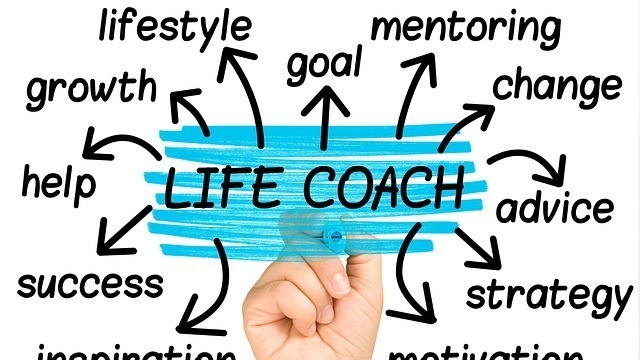Life Coaching 101: 4 skills to acquire for this career path
People would like to grow professionally and personally to reach their potential. Although they are aware of their potential, they may not know where to start or how to go about it. Because of these challenges, life coaching has become a very crucial aspect of people’s lives. Life coaches are trained to help people reach their potential by giving them a sense of direction, motivation and encouragement.
Life coaching is an umbrella term that refers to a variety of skills, which cover business, spiritual, personal, and career issues. As a result, the industry has become a sought-after sector with many people pursuing life coaching as a career and business path. However, it is not as simple as it may sound. There are many challenges, such as lack of appropriate skills and competition from already established life coaches.
So if you want to continue this career path, you need to learn the essential skills. Fortunately, there are institutions offering life coaching courses to help you get started. Plus, you get a life coach certification at the end of the course, which increases your credibility.
As you pursue this career, here are some important skills you should acquire:
- Communication
Communication skills are a crucial part of a life coach. It helps you better connect and understand your customers so that you can offer them solutions. If you can communicate with them clearly, customers also learn to trust you and be free with you.
However, communication is not just verbal. In fact, words can be the least aspect of communication. Therefore, it is important to focus on the part of the communication that matters, such as the non-verbal cues shown by customers. (1)
An important communication skill that can help you better understand your client is NLP or neurolinguistic programming. People always communicate with their bodies through emotions, attitudes and states of mind more than with others. So, as a life coach, having NLP skills will help you understand why a client has a certain feeling. For example, you can find out why a customer is tense or if they are comfortable doing what they are asked to do. (2)
Finally, NLP skills will help clients deal with their internal communications. By identifying the thing that gives them these feelings, customers can transform and feel better. (2)
- Listen
Being a better listener means paying more attention to their verbal cues and observing their non-verbal cues. So, it goes without saying, to be a good life coach you need to have good listening skills. Fortunately, you can hone this skill over time and become an empathetic listener and coach. (3)
You can start practicing your skills by listening to family and friends without letting your emotions get in the way. When listening, take note of their variations in tone and manners. This information helps you understand the details of the conversation. Therefore, you can respond and express yourself accordingly, so that whoever is speaking will know that you understand and love them. (3)
- Positive attitude
Life coaching means that you will have to interact with people of diverse personalities, backgrounds, characters and beliefs. So, there’s a chance that what they believe in isn’t what you believe in, and that might irritate you. However, as a life coach, you cannot judge them. Instead, take it as a learning opportunity to see things from a different perspective and understand them more. (3)
Once they feel like you are judgmental or biased, they will either filter what they tell you or shut down any available communication channels. As a life coach, you need to help people stop feeling inferior by focusing on the positive aspects of their lives. However, that doesn’t mean you have to agree with everything they say. If you are uncomfortable with their beliefs, you can choose not to work with them instead of judging them. (1) (3)
- Collaborative skills
Working as a life coach requires a lot of collaboration between you and clients. When you work alone and try to push the client, you may face more challenges. Let them guide their sessions because they know what they want to accomplish. By encouraging them to be active participants, they will have control over their development and success by setting goals that they can achieve. (4)
You should never push customers down a path they’re uncomfortable with, even if you’re sure it’s a good thing. Instead, wait until they’re ready and understand the importance of this path. (3)
Conclusion
Being a life coach means that you will be helping people achieve their goals. This means that you need to have excellent interpersonal skills to communicate, listen, collaborate, and instill a positive attitude. These skills are essential for any life coach, so learn and hone them as you pursue this career path.
The references
- “8 Skills You Need To Be A Great Life Coach”, Source: https://www.prowess.org.uk/8-skills-you-need-to-be-a-great-life-coach/
- “NLP | What is neuro-linguistic programming and why to learn, you should learn it. »Source: https://inlpcenter.org/what-is-neuro-linguistic-programming-nlp/
- “The 10 Best Coaching Skills You Must Have As A Life Coach,” Source: https://coachfoundation.com/blog/life-coach-skills/
- “Learn more about the role of life coach”, Source: https://www.indeed.com/career-advice/careers/what-does-a-life-coach-do
- Image by nehakumbhare from Pixabay


Comments are closed.